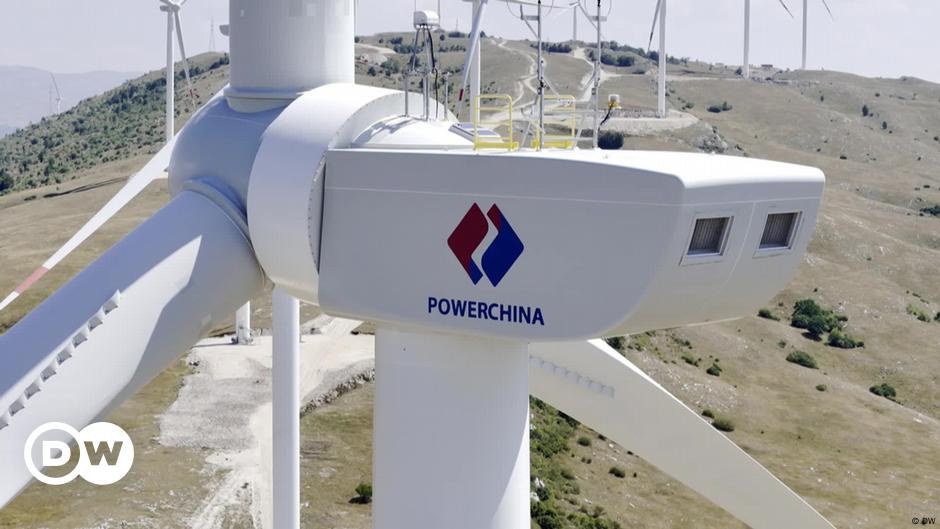Ante Ivkovic herded sheep in Bosnia-Herzegovina with his father as a child. Years later, without his consent or knowledge, he says, a wind farm was built on his property by a Chinese company.
The Chinese wind farm company, headquartered in the capital Sarajevo, declined to comment on camera. In an email, they stated they relied on Bosnian documents that confirmed the concession’s legality and claimed there were no unresolved ownership issues.
Ivkovic, with the help of his lawyer, is pursuing legal action to prove his ownership. His lawyer is gathering evidence from archives to build the case.
[…]
Chinese wind energy companies have been aggressively expanding into the European market, undercutting European competitors by significant margins, thanks to state subsidies. This is evident not only in Bosnia, but also in neighboring Croatia.
[…]
The EU has taken notice. Under Ursula von der Leyen’s leadership, the EU is scrutinizing Chinese wind farms, investigating whether state subsidies are giving them an unfair advantage over European competitors. Lobbyists warn that with every new wind farm, China tightens its grip on Europe’s energy supply.
“On a modern wind turbine there are around 300 sensors on the different components of the turbine, which are giving information to the wind farm owner and operator, and to the turbine manufacturer about the performance. And many people in Europe are saying, ‘do we want to give that power to entities outside of Europe to control the functioning of wind turbines?’,” says Giles Dickson, the CEO of WindEurope.
[…]
Will a retiree be able to assert his rights against a 160-million-euro project? This case will help determine how much property rights are worth in Bosnia and Herzegovina.



There are multiple examples of Chinese subsidiaries and/or takeovers of European companies in Europe, but there are no examples of European companies doing the same in China. In no sector. The rules are nowhere the same, not even remotely.
The only Chinese province where completely foreign-owned companies were possible was Xiamen, but that lasted until the 2000s or so (I don’t remember the exact date). Your statements are outright false.
In all what constitutes fair competition, China lacks behind. China is a totally closed shop by any comparable standards with -in addition to that- grave human rights issues in the country, and the situation has been worsening in recent years.
China is in the process of opening up to foreign investment. A new law in 2020 set foreign companies on par with domestic ones in many industries. As I understand it, subsidiaries can be completely foreign owned. They have to register of course.
https://www.pinsentmasons.com/out-law/guides/doing-business-in-china-part-2---establishing-a-business-in-china